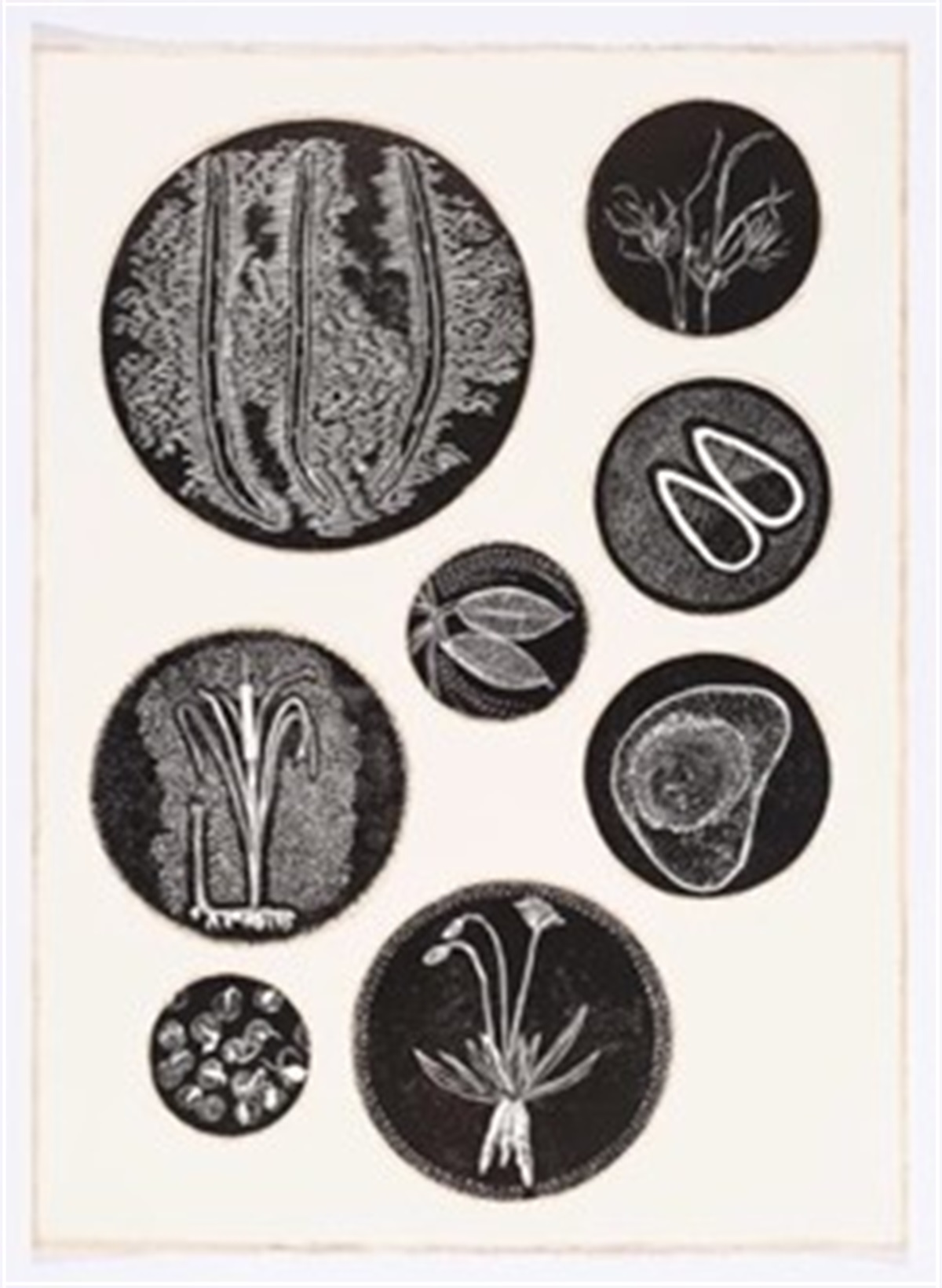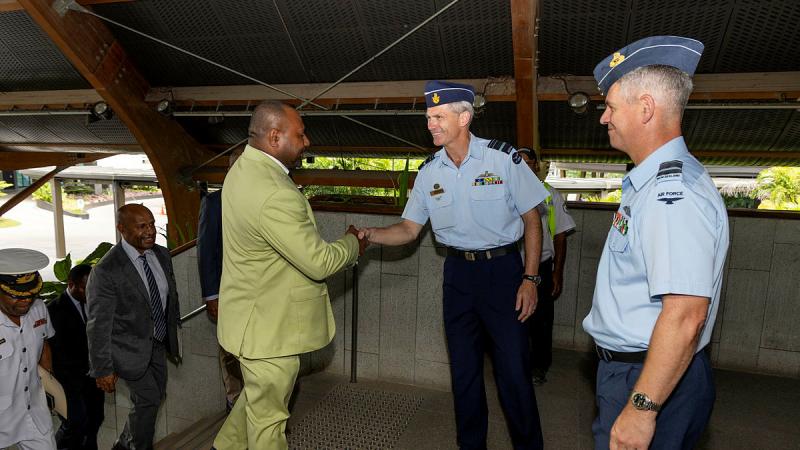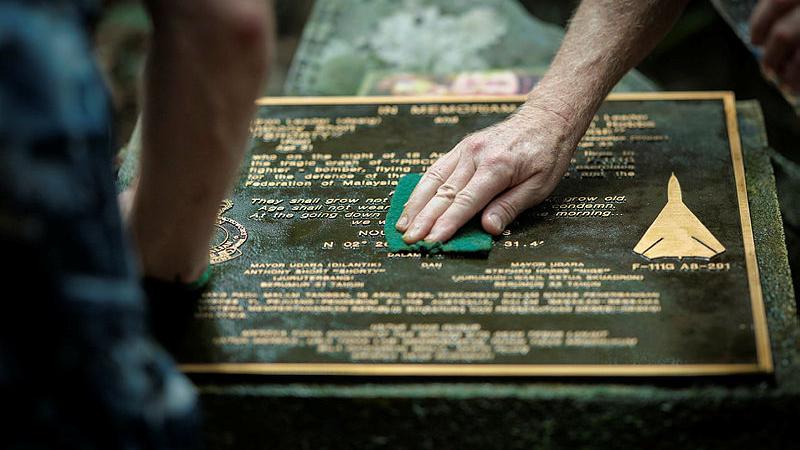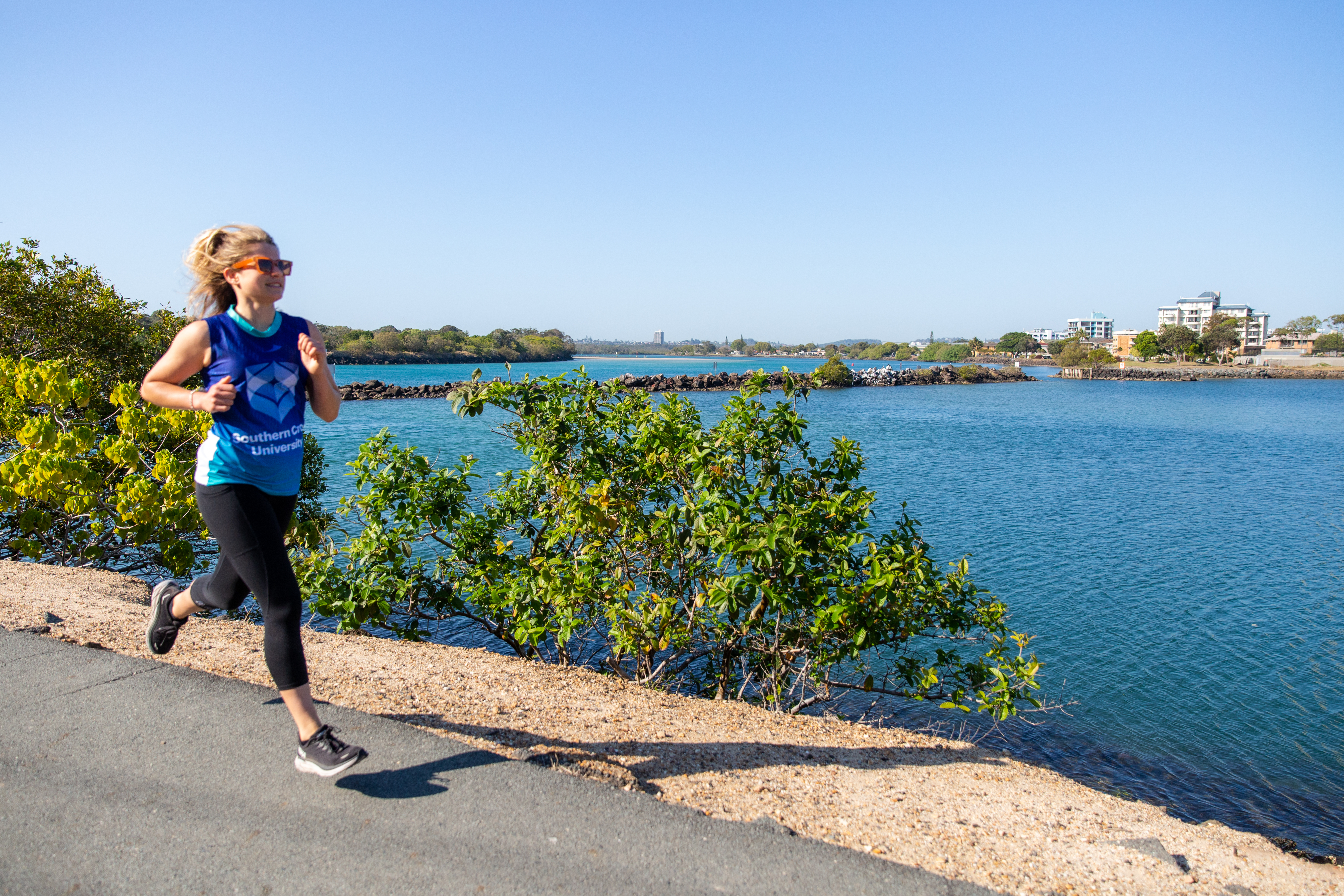International crime syndicates involved in drug trafficking and large-scale money laundering have been significantly disrupted by AFP investigations in NSW this year.
The AFP’s Eastern Command, which operates across NSW, arrested a series of alleged high-level organised crime targets, seized millions of dollars of suspected criminal proceeds, and stopped tonnes of illegal drugs from reaching our streets in the past 12 months.
Assistant Commissioner Stephen Dametto said multiple targeted takedowns of the upper echelons of international serious organised crime groups operating in Australia highlighted the AFP’s commitment to protect Australians from illegal activity.
“Disrupting organised crime on Australian shores has been the result of dedicated policing, with complex investigations into multi-faceted criminal webs culminating in the arrests of priority crime targets,” he said.
“The AFP’s Eastern Command is proud of its work in protecting countless Australians from being the victims of organised crime.
“Our message to organised criminals living the high life who think they are bullet-proof because of the money they are making is this: our work is never done, we have enough runs on the board to show we are not bluffing, and we will be targeting you.”
In May, a Sydney man accused of orchestrating one of the largest heroin importations in recent Australian history was arrested by AFP Eastern Command investigators, assisted by the AFP’s Offshore Disruption Taskforce Operation Gain, following his deportation from Türkiye.
He was charged with importing a commercial quantity of heroin shortly after his arrival at Sydney airport. Police will allege the man, 35, has extensive links to transnational organised crime groups and was responsible for organising the importation of 347.9kg of heroin into Sydney in December 2020.
As part of Operation Lucian, AFP officers charged five men in October over an import of about 100kg of cocaine concealed in the cargo hold of a passenger plane from South Africa.
A Padstow man, 42, is alleged to have facilitated the importation by working with internationally based organised crime figures to source the cocaine, import it by plane and arrange for its distribution in Australia.
A Hillsdale man, 62, allegedly coordinated the activities of two Sydney Airport employees, a 55-year-old Mascot man and 61-year-old Coogee man. The duo allegedly facilitated the transfer of the imported cocaine to a Sydney man, 24, waiting outside the airport on behalf of the Padstow man.
The Padstow and Hillsdale men were each charged with conspiracy to import a commercial quantity of cocaine, which carries a maximum penalty of life imprisonment.
The other men were charged with importing a commercial quantity of cocaine, and possessing a commercial quantity of cocaine. Both offences also carry a maximum penalty of life imprisonment.
Five men accused of loading the 100kg of cocaine at South Africa were arrested by the South African Police Service in November, after AFP evidence was shared via the AFP’s international liaison post at Pretoria, South Africa.
The men were charged and will be prosecuted under the South African legal system.
Operation Avarus-Midas saw an international money laundering organisation dismantled by the AFP in February, with more than $150 million in Sydney property, cash and luxury items restrained as proceeds of crime.
It is alleged the group enabled multiple transnational serious and organised crime groups to launder criminal proceeds, with the syndicate acting as an unregulated multi-national bank which would facilitate transactions for criminal clients.
More than $29 million in cryptocurrency, 18 designer watches, 17 designer handbags and at least 46 items of luxury jewellery were seized as part of the investigation.
The most complex money laundering investigation in the nation’s history was led by the AFP’s Eastern Command later in the year, resulting in charges for seven members of an alleged Chinese crime syndicate accused of secretly running a multibillion-dollar money remitting chain.
Operation Avarus-Nightwolf was a 14-month investigation supported by domestic and international law enforcement partners, where the AFP alleged the Changjiang Currency Exchange was secretly controlled by the Long River money laundering syndicate, which allegedly laundered almost $229 million in criminal proceeds in a three year period.
Registered money remitters are lawful businesses which can facilitate international money transfers from one customer to another. However, the AFP will allege the Changchiang Currency Exchange facilitated a system for organised criminals to transfer unlawfully obtained money in and out of Australia.
More than 240 AFP members across every mainland state simultaneously took part in an operation in October, which saw more than $50 million in property and vehicles restrained.
In March, a joint AFP investigation with NSW Police and ACIC codenamed Operation Gepard led to five NSW men being charged for allegedly orchestrating a black flight from Papua New Guinea to Australia carrying 52kg of methamphetamine, with an estimated street value of more than $15 million.
It will be alleged in court the men were members of a transnational serious organised crime group and handled the logistics for the drug importation via a black flight – a trip with the intent of avoiding law enforcement or aviation monitoring – from PNG.








